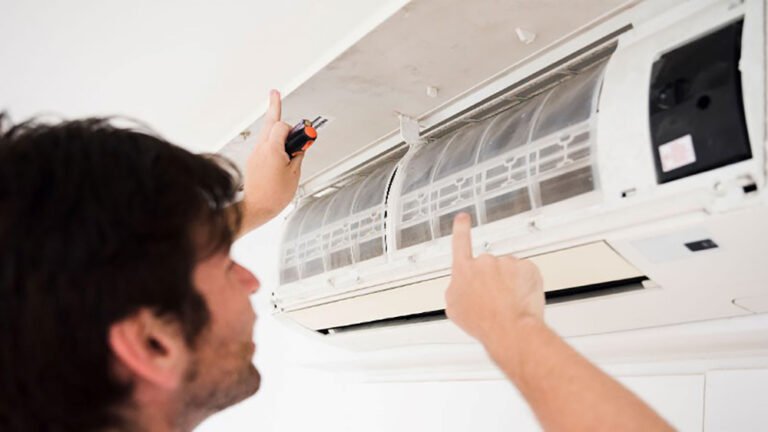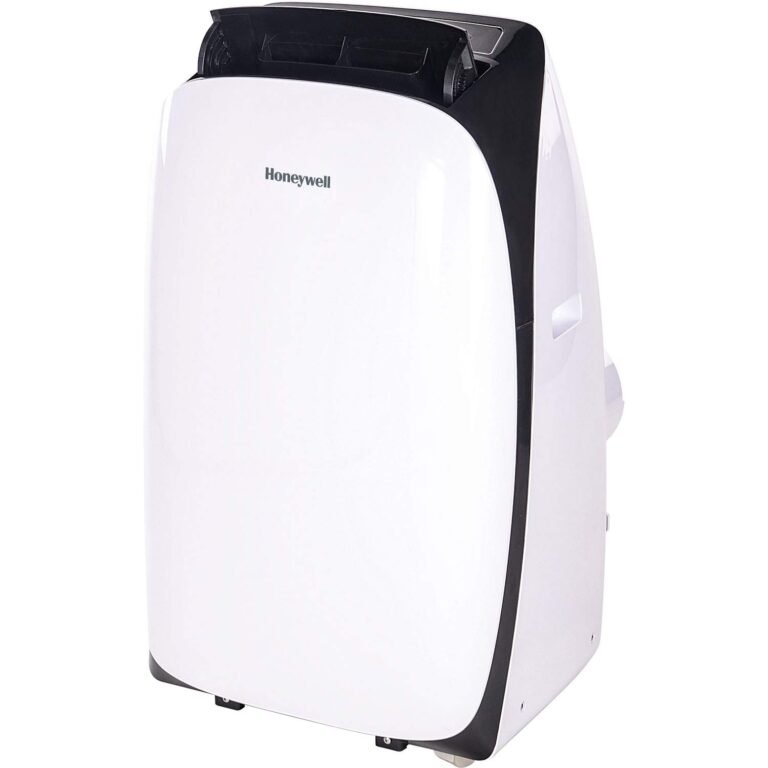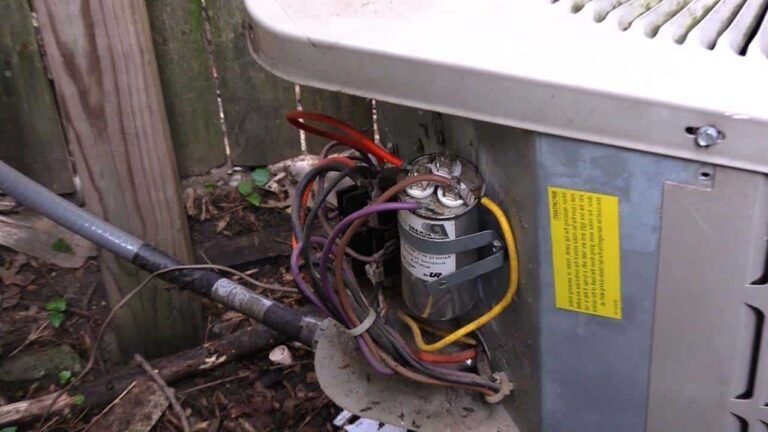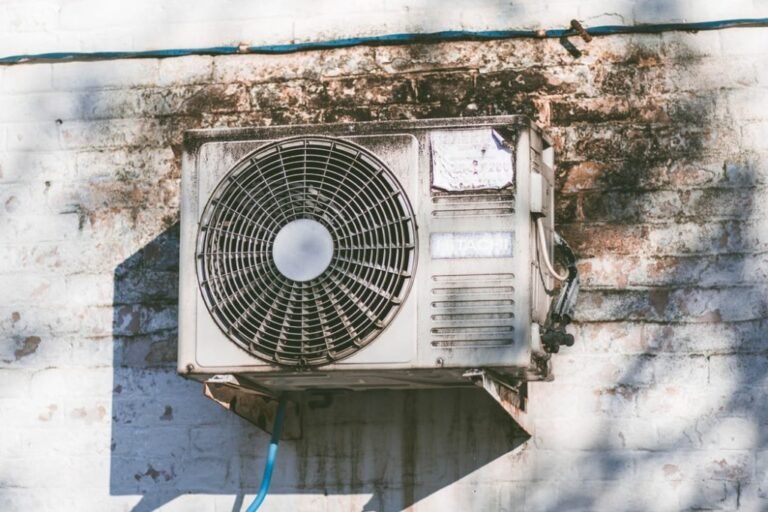Why is My House So Humid With the AC on? Discover Effective Solutions!
Your house may be humid with the AC on due to an oversized unit, dirty evaporator coils, or a refrigerant leak. Setting the thermostat fan to AUTO and ensuring proper drainage can help dehumidify your home with the AC.
High humidity levels can be caused by the buildup of dirt and debris in the AC unit’s air filter or external weather conditions. Understanding the reasons behind the humidity can help you take the necessary steps to fix it and create a more comfortable indoor environment.
Sanborn’s Air Conditioning & Heating provides insights into the common issues that can cause high humidity in your home and offers solutions to correct them.
Understanding The Relationship Between Ac And Humidity
High humidity in a house with the AC on can be a frustrating issue. Understanding the relationship between the AC system and humidity is key to resolving the problem. AC systems control humidity by cooling the air, which causes moisture in the air to condense onto the cooling coils. This condensation is then drained away, reducing the humidity in the house. However, a properly functioning AC system can still result in high humidity for a few reasons. One possible cause is an oversized AC system, which cools the air too quickly without properly removing moisture. Dirty evaporator coils can also impede the condensation process, leading to high humidity. Finally, refrigerant leaks can cause the AC system to underperform, resulting in inadequate dehumidification. To address high humidity with the AC on, it is important to ensure the system is properly sized, regularly maintained, and free of leaks.
Common Reasons For High Humidity With Ac On
|
High humidity in your house despite the AC being on can be caused by a few common factors. One possible reason is oversized AC units. When AC units are too large for the space, they cool the air quickly, but they don’t run long enough to effectively remove moisture from the air. This leads to high humidity levels. Dirty evaporator coils can also contribute to high humidity. When the coils are dirty, they can’t remove moisture as efficiently. Additionally, refrigerant leaks can cause high humidity. When there is a leak, the AC system is unable to properly cool the air and remove moisture. To address these issues, it’s important to ensure your AC unit is appropriately sized for your home, clean the evaporator coils regularly, and have any refrigerant leaks repaired. |
(Note: HTML formatting may not appear correctly in text format. Please convert to HTML format for accurate representation.)
Troubleshooting And Solutions
When it comes to troubleshooting and solutions for a humid house with the AC on, there are a few key areas to check and adjust. First, **check and adjust the thermostat fan settings**. Make sure the fan is set to “AUTO” instead of “ON”. When the fan is set to “ON”, it continuously circulates air, which can contribute to the humidity issue. Setting it to “AUTO” allows the AC to shut off between cooling cycles and properly drain condensation.
Next, **clean and maintain the evaporator coils** for optimal performance. Dirty coils can hinder the AC’s ability to dehumidify the air. Regular maintenance, such as vacuuming and removing any debris, can help keep the coils clean and efficient.
In addition, it’s important to **detect and fix refrigerant leaks**. Low refrigerant levels can cause the AC to run inefficiently, leading to excess humidity. If you suspect a refrigerant leak, it’s best to consult a professional technician for proper inspection and repair.
By addressing these issues, you can improve the humidity control in your home and enjoy a more comfortable living environment.
Additional Tips For Dehumidifying Your House With Ac
When it comes to keeping your house comfortable, the last thing you want is excess humidity, even with the AC on. There are a few additional tips you can try to dehumidify your house effectively. Firstly, set the fan mode to AUTO. This allows proper moisture drainage, as the condensation on the coils can drain properly. Another option is to use dehumidifying features or additional devices to enhance humidity control. Make sure your AC system is running efficiently and effectively by keeping the evaporator coils clean and checking for any refrigerant leaks. Remember that your air conditioner naturally reduces humidity in the home, but it needs to be running to do so effectively. Excess humidity in your home can be detrimental to your health, so it’s important to address the issue promptly.
The Importance Of Proper Humidity Levels In The Home
Health risks associated with high humidity levels
Excess moisture in your home can lead to a variety of health risks. When humidity levels are too high, it creates an ideal environment for mold and mildew growth. These fungi can release spores into the air, which can trigger allergies and respiratory illnesses. High humidity can also contribute to the proliferation of dust mites, another common allergen. Moreover, excessive moisture can make it difficult for sweat to evaporate from your skin, leading to discomfort and potentially heat-related illnesses.
Impact of excess moisture on indoor air quality
High humidity affects the quality of your indoor air. Excess moisture can cause a musty smell and produce condensation on windows and walls. This can lead to the deterioration of the building materials and the growth of bacteria. Additionally, high humidity can make the air feel heavy and stuffy, leading to a lack of ventilation and fresh air circulation.
Benefits of maintaining optimal humidity for comfort and well-being
Maintaining optimal humidity levels in your home is crucial for your comfort and well-being. Proper humidity can help regulate your body temperature, improve sleep quality, and prevent dry skin and respiratory problems. It also helps to protect your furniture, electronics, and other belongings from the effects of excess moisture. By ensuring a balanced level of humidity, you can create a healthier and more comfortable living environment.
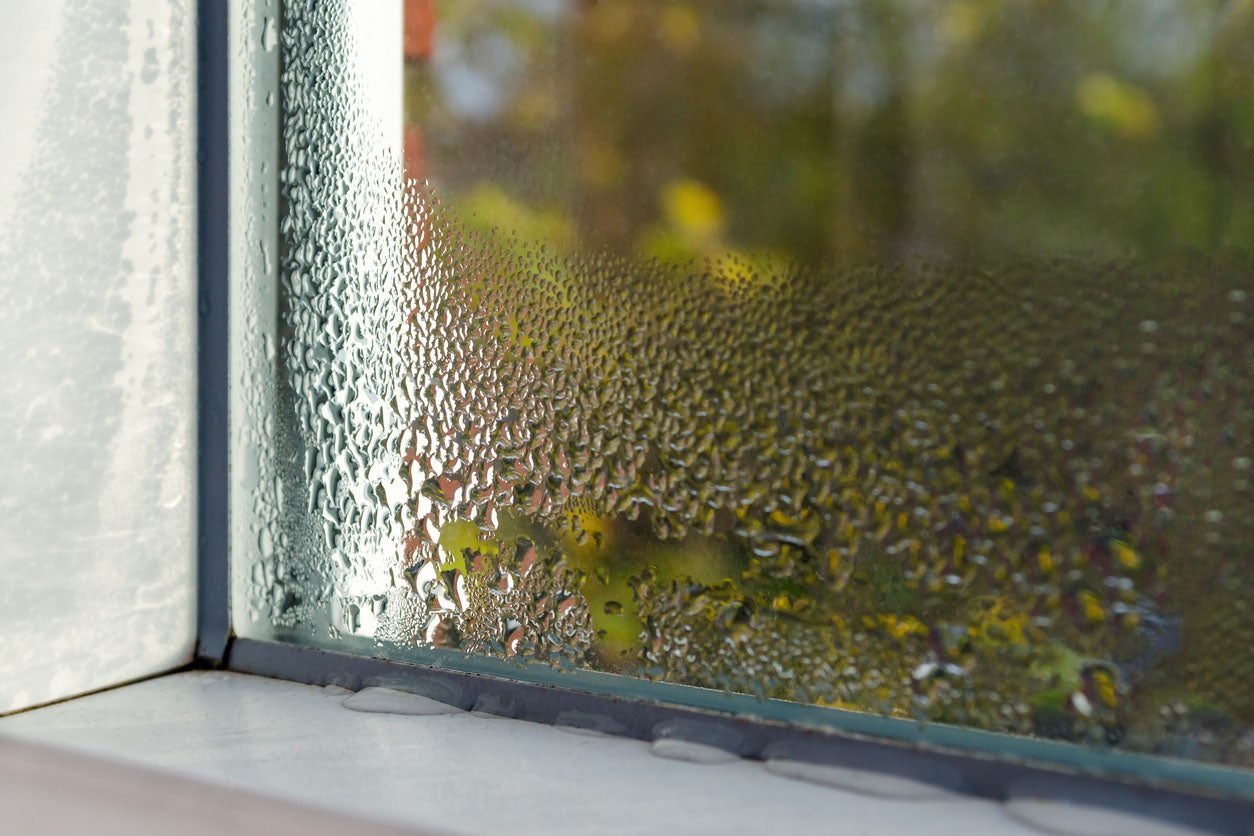
Credit: www.bobvila.com
Frequently Asked Questions On Why Is My House So Humid With The Ac On
Why Is My Ac Not Lowering Humidity?
If your AC is not lowering humidity, it could be due to a few reasons. Firstly, check if the thermostat fan is set to ON. Secondly, dirty evaporator coils may be causing the issue. Lastly, there might be a refrigerant leak.
Refer to a professional for assistance.
How Do I Dehumidify My House With Ac?
To dehumidify your house with AC, set the fan to AUTO so that the condensation on the coils can drain properly. Keeping it on ON will blow the moisture back inside. Make sure the evaporator coils are clean and there are no refrigerant leaks.
This will help lower the humidity level inside your home.
Does Air Conditioning Make Your House Humid?
Air conditioning naturally reduces house humidity by removing moisture. However, if the AC is not running, it can’t effectively pull moisture from the home. Ensure the AC is running properly and clean the air filter to fix high humidity levels.
Is High Humidity In Home Bad For Health?
High humidity in your home can be bad for your health. It can promote the growth of mold and mildew, which can cause respiratory issues and allergies. High humidity can also make your home feel uncomfortable, sticky, and hot. Make sure to control humidity levels with proper ventilation and use of dehumidifiers if necessary.
Conclusion
If you’ve been wondering why your house remains humid even with the AC on, there could be a few factors at play. One possible reason could be the presence of dirt and debris in your air filter, which restricts airflow and prevents effective dehumidification.
Another factor could be the thermostat fan setting, so make sure it is set to AUTO to allow proper drainage of condensation. Lastly, a refrigerant leak or dirty evaporator coils can also contribute to high humidity levels. Identifying and addressing these issues can help create a more comfortable and less humid environment in your home.



